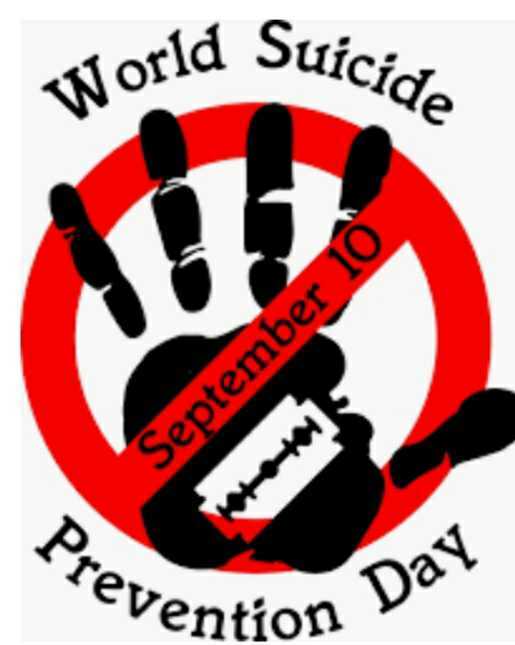| Washington, DC, September 10, 2020 (PAHO) – The Pan American Health Organization (PAHO) today warned that the COVID-19 pandemic may exacerbate suicide risk factors, urging people to speak about the issue in an open and responsible manner, remain connected even during physical distancing, and learn to identify warning signs to prevent it.
Coronavirus is affecting the mental health of many people. Data from recent studies show an increase in distress, anxiety and depression, particular among health care workers. These, in addition to violence, alcohol use disorders, substance abuse, and feelings of loss, are important factors that can increase a person’s risk of deciding to take their own lives.
“We still don’t know how increased depression, domestic violence or substance use will impact suicide rates in the region, but it’s important to take a minute to talk about it, support each other in these pandemic times, and know the warning signs of suicide to help prevent it,” said Renato Oliveira e Souza, PAHO’s head of Mental Health and Substance Abuse.
Every 10 September since 2003, the International Association for Suicide Prevention (IASP), in collaboration with the World Health Organization (WHO), promotes World Suicide Prevention Day. This year’s theme is Working Together to Prevent Suicide.
In the Americas, an estimated 100,000 lives are taken annually, according to the latest available data from 2016. Most suicides in the Region (36%) occur in people between the age of 25 and 44, and those between the age of 45 and 59 (26%). Guyana and Suriname have the highest suicide rates in the region.
As in the rest of the world, suicide rates in men remain higher than for women, and account for about 78% of all suicide deaths. Three times more men than women are killed in high-income countries, but in low- and middle-income countries the rate is 1.5 men for each woman.
“This 2020 we find ourselves in very unexpected and challenging circumstances as we face the COVID-19 pandemic. The impact of the new coronavirus has probably had an effect on everyone’s mental well-being. And that’s why this year, more than ever, it’s crucial that we work together to prevent suicide,” Oliveira e Souza stressed.
Staying connected to each other and being aware of signs of suicide risk and how to respond is especially important to prevent suicide. Even in these times when there is greater physical detachment, people can maintain social connections and take care of their mental health.
Suicide warning signs
Most suicides are preceded by verbal or behavioral warning signs such as talking about: wanting to die, feeling great guilt or shame, or feeling a burden on others. Other signs are feeling empty, hopeless, trapped, or with no reason to live; feeling extremely sad, anxious, agitated, or full of anger; or with unbearable pain, whether emotional or physical.
Also, behavioral changes such as making a plan or researching ways to die; staying away from friends, saying goodbye, giving away important items or making a will; doing very risky things like driving at extreme speed; showing extreme mood swings; eating or sleeping too much or too little; using drugs or alcohol more often. All these can be warning signs of suicide.
Suicide prevention interventions
Suicide can be prevented and effective interventions are available. On a personal level, early detection and treatment of depression and alcohol use disorders are critical to suicide prevention, as well as follow-up contact with those who have tried suicide and psychosocial support in communities. If a person detects warning signs of suicide themselves or in someone they know, they should seek help from a health care professional as soon as possible.
Removing barriers to access to mental health care, limiting access to the means to commit suicide, providing truthful and appropriate information on the subject in the media, as well as reducing the stigma associated with seeking help can also help reduce suicide.
PAHO is working with countries in the Region to strengthen health systems that may be under-resourced or overburdened by the COVID-19 pandemic to address the potential increase in mental health cases (both new and worsening pre-existing cases), and to maintain continuity of care for people with mental health and substance use problems.
PAHO also recommends incorporating mental and psychosocial health support into COVID-19 response plans and efforts. Some recommendations include providing remote or virtual care, adapting and disseminating messages for the general population, as well as for the most at-risk populations, and training health workers and other community members on the subject. |

